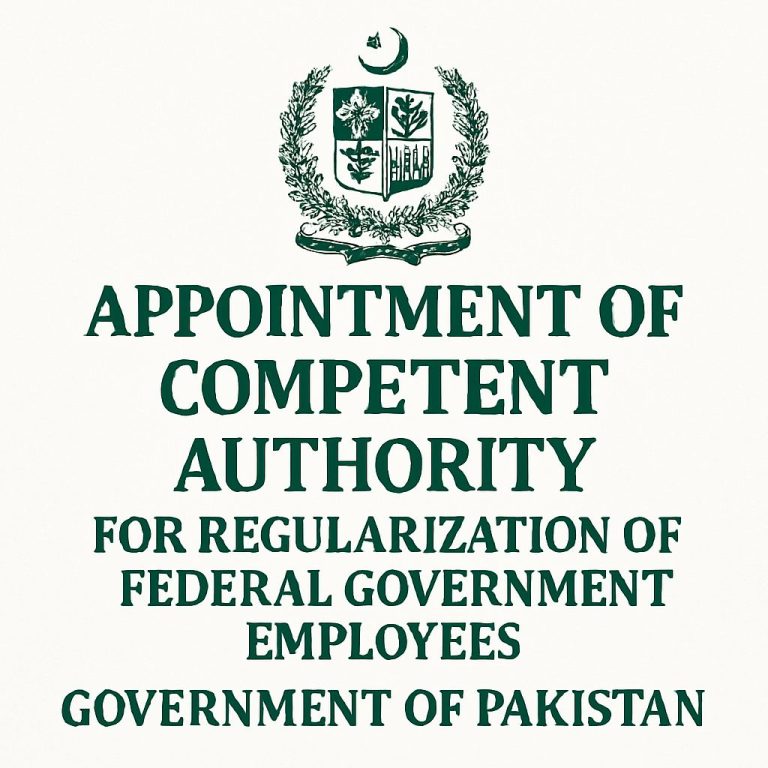
Artificial intelligence (AI) is no longer a futuristic fantasy confined to the realms of science fiction; it has rapidly permeated the fabric of our daily lives, transforming the way we work, communicate, and interact with the world around us. From the smartphones in our pockets to the algorithms that curate our news feeds, AI is subtly and overtly influencing our decisions and experiences. While the promises of AI are immense, offering unprecedented efficiency and convenience, its pervasive integration also raises critical questions about privacy, autonomy, and the very nature of human interaction.
One of the most visible impacts of AI is in the realm of communication and information access. Search engines powered by sophisticated AI algorithms have revolutionized how we find and process information. Virtual assistants like Siri and Alexa have become commonplace, responding to our voice commands and managing tasks. Social media platforms utilize AI to personalize content feeds, connecting us with information and people based on our interests and behaviors. While these technologies offer convenience and connectivity, they also raise concerns about filter bubbles, the spread of misinformation, and the potential for manipulation.
AI is also transforming the workplace across various industries. Automation driven by AI is increasing efficiency and productivity in manufacturing, logistics, and customer service. Chatbots handle routine inquiries, freeing up human agents for more complex tasks. AI-powered analytics provide businesses with valuable insights into consumer behavior and market trends, enabling more informed decision-making. However, this automation also raises concerns about job displacement and the need for workforce retraining to adapt to the changing demands of the labor market.
In our personal lives, AI is becoming increasingly integrated into our routines. Smart home devices control lighting, temperature, and security systems. Recommendation algorithms on streaming platforms suggest movies, music, and products tailored to our preferences. AI-powered health trackers monitor our fitness and vital signs, offering personalized health insights. While these applications enhance convenience and personalization, they also raise concerns about data privacy and the potential for over-reliance on technology.
Furthermore, AI is making significant strides in critical sectors such as healthcare and transportation. AI-powered diagnostic tools can analyze medical images with greater accuracy and speed, aiding in early disease detection. Autonomous vehicles promise to revolutionize transportation, potentially increasing safety and efficiency. However, the ethical and safety implications of these advancements, particularly in areas with high stakes, require careful consideration and robust regulatory frameworks.
In conclusion, artificial intelligence is profoundly impacting our daily lives, offering numerous benefits in terms of convenience, efficiency, and innovation. However, its widespread adoption also presents significant challenges related to privacy, job displacement, and ethical considerations. Navigating this transformative era requires a thoughtful and proactive approach, ensuring that AI is developed and implemented in a way that benefits humanity while mitigating potential risks. As AI continues to evolve, its impact on our daily lives will only become more pronounced, demanding ongoing dialogue and adaptation.
2. The Importance of Environmental Conservation in the 21st Century
The 21st century faces unprecedented environmental challenges, from climate change and biodiversity loss to pollution and resource depletion. In this critical juncture, environmental conservation is not merely an altruistic pursuit but a fundamental necessity for the survival and well-being of both humanity and the planet. Recognizing the interconnectedness of ecological systems and human societies is paramount to ensuring a sustainable future for generations to come.
Climate change, driven primarily by human activities such as the burning of fossil fuels, poses an existential threat. Rising global temperatures are leading to more frequent and intense heatwaves, sea-level rise, extreme weather events, and disruptions to agricultural systems. Environmental conservation efforts, including the transition to renewable energy sources, the protection of forests as carbon sinks, and the promotion of sustainable land management practices, are crucial in mitigating the impacts of climate change and building a more resilient future.
Biodiversity loss, the decline in the variety of life on Earth, is another pressing environmental concern. Ecosystems rely on a complex web of interactions between different species, and the extinction of even a single species can have cascading effects. Habitat destruction, pollution, overexploitation of resources, and climate change are driving this crisis. Environmental conservation initiatives, such as the establishment of protected areas, the restoration of degraded ecosystems, and the implementation of sustainable fishing and hunting practices, are vital for preserving the planet’s rich biodiversity and the essential ecosystem services it provides.
Pollution, in its various forms – air, water, and land – poses significant risks to human health and environmental integrity. Industrial activities, agricultural practices, and waste disposal contribute to pollution, contaminating our air, water sources, and soil. Environmental conservation efforts include the development and adoption of cleaner technologies, the implementation of stricter environmental regulations, and the promotion of sustainable consumption and waste management practices. Reducing pollution is essential for safeguarding public health and maintaining healthy ecosystems.
Resource depletion, the unsustainable consumption of finite natural resources, is also a major concern. Our reliance on fossil fuels, minerals, and other non-renewable resources is putting immense pressure on the planet’s reserves. Environmental conservation strategies focus on promoting resource efficiency, transitioning to renewable resources, and adopting circular economy models that emphasize reuse and recycling. Sustainable resource management is crucial for ensuring long-term economic stability and environmental sustainability.
In conclusion, environmental conservation is of paramount importance in the 21st century. Addressing the interconnected challenges of climate change, biodiversity loss, pollution, and resource depletion requires a 1 concerted global effort involving governments, businesses, communities, and individuals. By embracing sustainable practices, protecting natural ecosystems, and investing in a greener future, we can safeguard the health of our planet and ensure a prosperous and equitable future for all. The time for decisive action is now, before the environmental crises we face become irreversible.





